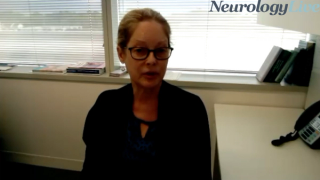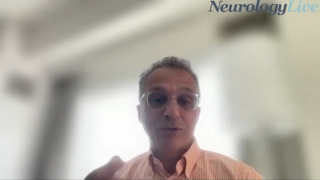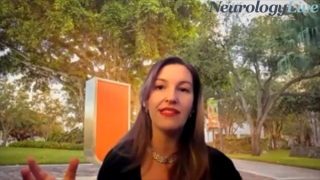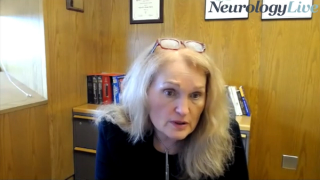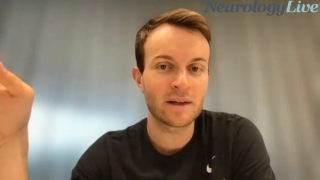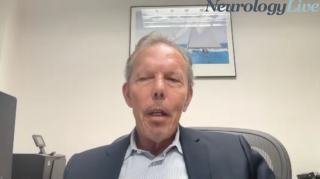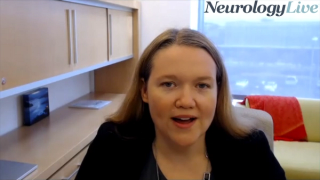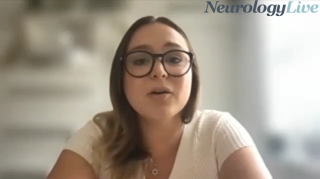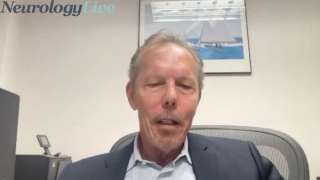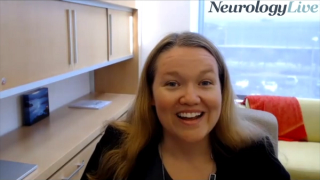
Dementia and Alzheimer Disease
Latest News
Latest Videos
CME Content
More News

Take 5 minutes to catch up on NeurologyLive®'s highlights from the week ending January 20, 2023.
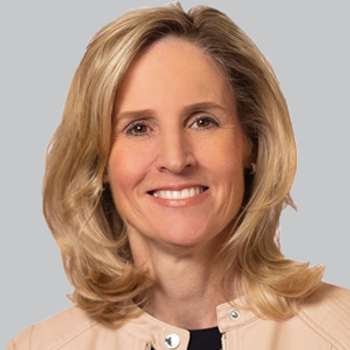
In the letter, the FDA specifically required that Eli Lilly provide data from at least 100 patients who received a minimum of 12 months of continuous treatment with donanemab.
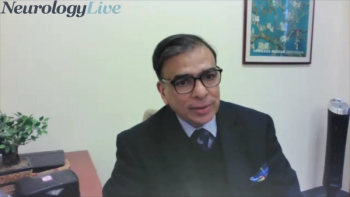
The director of the Montefiore Einstein Center for the Aging Brain detailed the efforts being made to support individuals in underrepresented communities and raise awareness for cognitive decline. [WATCH TIME: 4 minutes]
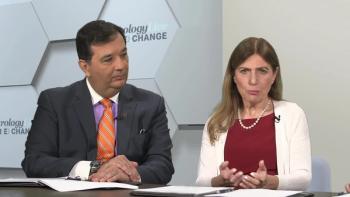
Dr Cohen shares current treatment options for Alzheimer’s disease and how she manages these patients in her practice.
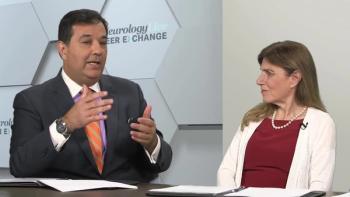
Dr Atri discusses considerations and suggestions for caring for patients with Alzheimer’s disease.
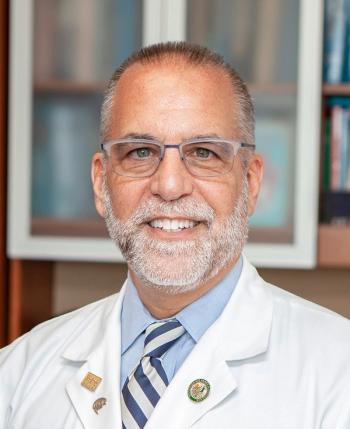
Sacco, who also served as president of the American Heart Association/ American Stroke Association, succumbed to a brain tumor on January 17, 2023.

Sharon Cohen, MD, FRCPC, provided an investigator perspective on the use of lecanemab for patients with Alzheimer disease and what the clinician community can take away from the trials.

Here's some of what is coming soon to NeurologyLive® this week.
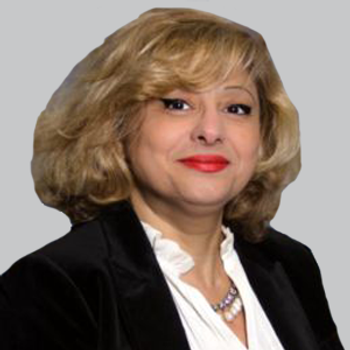
Susan Abushakra, MD, chief medical officer at Alzheon, provided insight on findings from a phase 2 study in which ALZ-801 showed beneficial effects on cognition, Aß 42/40, and brain atrophy.
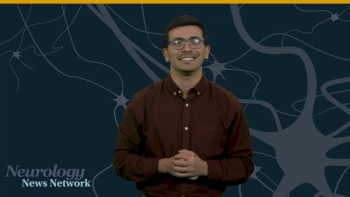
Neurology News Network for the week ending January 14, 2022. [WATCH TIME: 4 minutes]

Sharon Cohen, MD, FRCPC, offered her insight on the significance of the lecanemab approval and what it means for patients with Alzheimer disease.

Take 5 minutes to catch up on NeurologyLive®'s highlights from the week ending January 13, 2023.
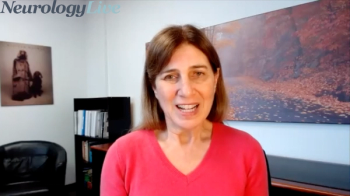
The behavioral neurologist and medical director of the Toronto Memory Program provided perspective on the steps the general public can take toward reducing the risk of Alzheimer disease and initiating treatment early when needed. [WATCH TIME: 4 minutes]
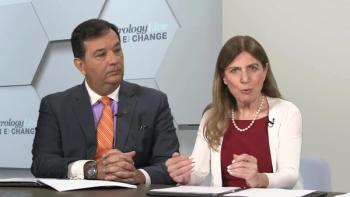
Dr. Cohen shares factors that may have contributed to the high failure rate of Alzheimer’s disease clinical trials thus far.
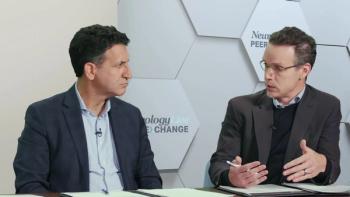
Drs McDade and Cohen discuss ATN (amyloid, tau, neurodegeneration) classification and its use in clinical practice to manage Alzheimer’s disease.
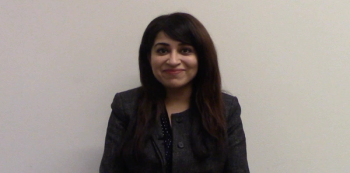
The assistant professor of neurology at the University of Virginia spoke at the 2022 AES Conference about clinical outcomes of patients with dementia who experience seizures. [WATCH TIME: 5 minutes]

The president and chief executive officer of INmune bio provided perspective on the need to diversify the Alzheimer treatment landscape and the potential role of TNF inhibitors like XPro1595.
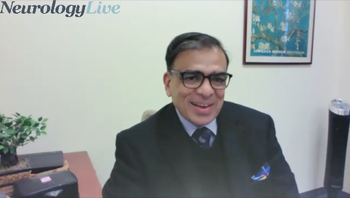
The director of the Montefiore Einstein Center for the Aging Brain provided insight on how the 5-Cog assessment tool is specifically tailored for people from a range of racial and ethnic background, education levels, and socioeconomic circumstances. [WATCH TIME: 4 minutes]
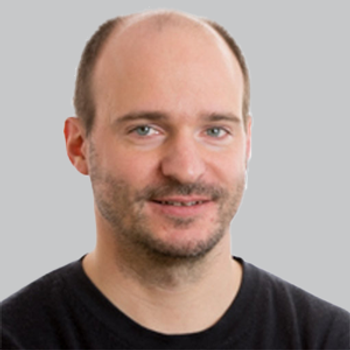
A population-based incident of Parkinson disease cases showed patients were more likely to develop PD dementia in 10 years with a lower level of lysosomal enzyme glucocerebrosidase activity.

Mind Moments®, a podcast from NeurologyLive®, brings you an exclusive interview with Sharon Cohen, MD, FRCPC. [LISTEN TIME: 14 minutes]
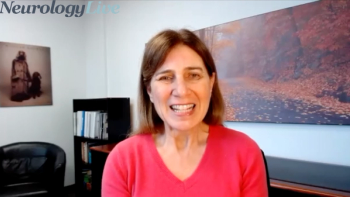
The behavioral neurologist and medical director of the Toronto Memory Program provided perspective on how lecanemab’s FDA approval changes the capabilities of treating Alzheimer disease in its earliest stages. [WATCH TIME: 3 minutes]

Approved under the accelerated approval pathway, the current indication for lecanemab states the company must provide phase 4 study evidence to confirm the agent’s effect in Alzheimer disease.

Here's some of what is coming soon to NeurologyLive® this week.

Test your neurology knowledge with NeurologyLive®'s weekly quiz series, featuring questions on a variety of clinical and historical neurology topics. This week's topic is Alzheimer disease and dementia.
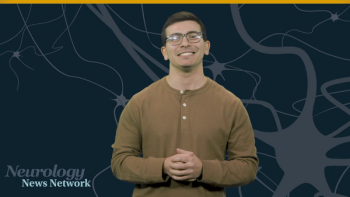
Neurology News Network for the week ending January 7, 2022. [WATCH TIME: 4 minutes]






